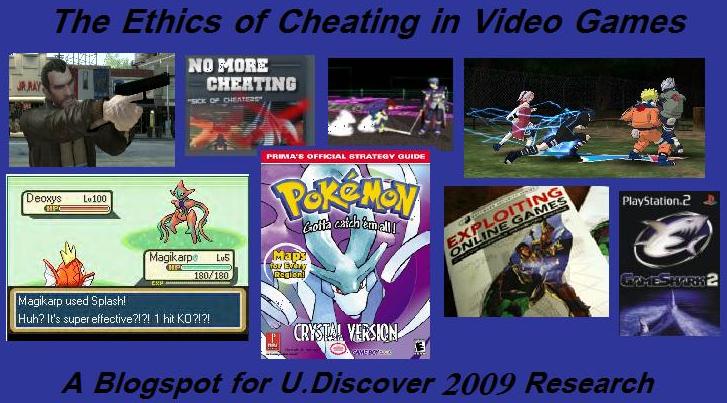To give a quick update on my progress, I am almost done going through the 3 books I received through interlibrary loan and collecting the most pertinent information from those books. I am also going to meet with my faculty sponsor tomorrow and see what he has to say about the project. For those of you who do not know my adviser, his name is Vaughn Huckfeldt and he is a professor of philosophy here at the University of South Dakota.
The second item I will post today is my temporary schedule that I will try to adhere to during this summer. We have ten weeks for U.discover so that is how I will break my schedule down.
Week 1 - Gather and collect as much information as I can find on my topic.
Week 2- Germany (Brainstorm and write out outlines in my free time).
Week 3- Germany (Brainstorm and write out outlines in my free time).
I will also start on the introduction to the 2,000 -2,500 word paper.
(On a personal note, I get to move into my new apartment when I get back from Germany!)
Week 4- I need to go to Iowa to take care of my Grandmother for a little less than a week. So after the meeting on Tuesday, I will drive to Iowa and bring all my materials with me. During this week, I will advance my progress on my paper, go through all my articles and book chapters, and highlight everything I wish to cover in my paper and on my poster.
Week 5- Write the first draft of the paper.
Week 6- Work on the Powerpoint for my poster and go through my paper.
Week 7- Continue working on the poster and the paper. Give/work on my10 min presentation to the rest of the U.Discover scholars.
Week 8-Continue working on the poster and the paper. Give/work on my10 min presentation to the rest of the U.Discover scholars.
Week 9-Finalize the poster and work on the final draft of the paper. Possibly give my10 min presentation to the rest of the U.Discover scholars.
Week 10- Present Poster on July 27th from 4-6 P.M.
Moreover, something that usually helps me personally is if I just lay out everything that needs to be done for this project, along with other tasks that will eventually tie into what I am doing.
- Paper
- Major Paper
- Write out everything I find relevant to the topic into the paper.
- Work on setting up the problem and my personal solution.
- 2,000-2,500 Word paper
- After the major paper is written, I will condense everything into a paper 8 to 10 sides long.
- This is what I will use as my presentation paper.
- It will have the most important points that I discovered from my research.
- Poster
- Well, I don't know exactly how I will achieve this since we have not had our poster seminar yet in the U.Discover meetings, but I do know I have to make one.
- Work on my old Video Game Papers
- The ultimate goal I have with this research is that I can combine everything I have done and create a substantial work on the Aesthetics and the Ethics of Cheating in Video Games. One can find all the research I have conducted on Art and Aesthetics of Video Games in my Wikispace found in the right hand column of this blog.
B. F. Pons

